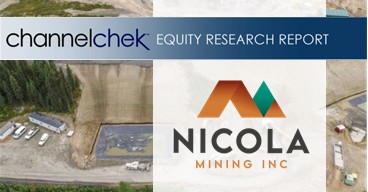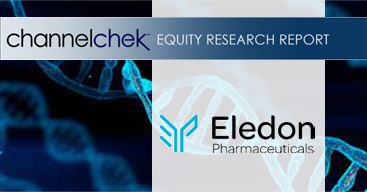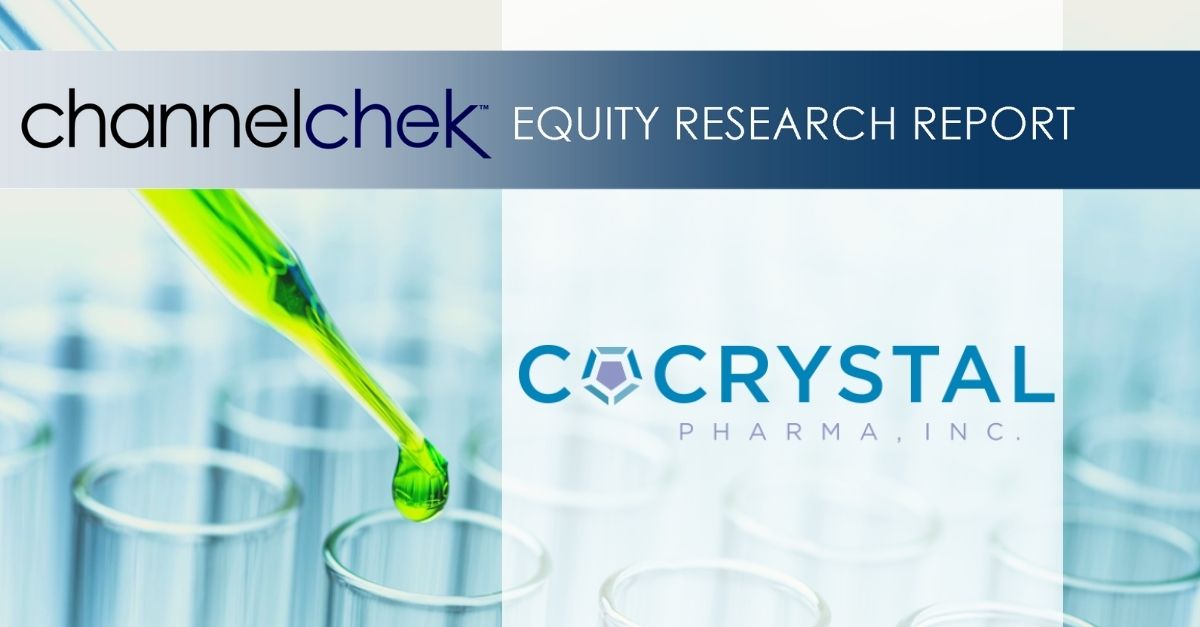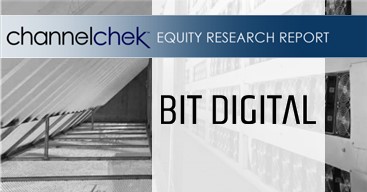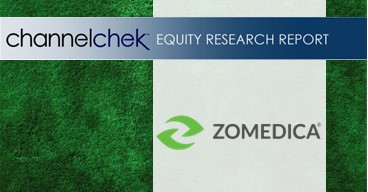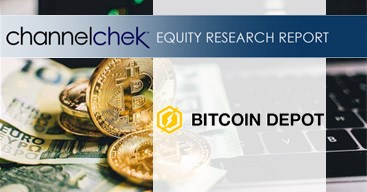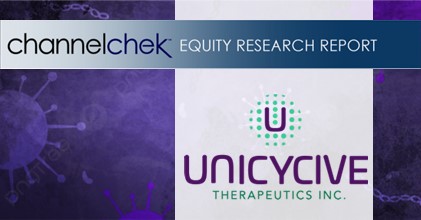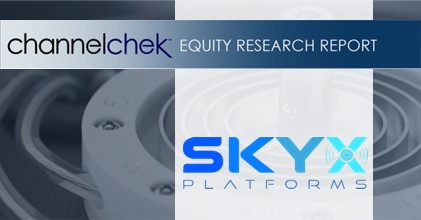
Monday, May 19, 2025
Mark Reichman, Managing Director, Equity Research Analyst, Natural Resources, Noble Capital Markets, Inc.
Refer to the full report for the price target, fundamental analysis, and rating.
Cash flow sources to support operations. Nicola Mining (TSX.V: NIM, OTCQB: HUSIF) is advancing its flagship New Craigmont Copper Project and owns 100% of the past-producing Treasure Mountain high-grade silver, lead, and zinc underground mine with significant exploration potential and an active mining permit. Nicola distinguishes itself by offering investors significant discovery and value creation potential through its exploration activities at New Craigmont and Treasure Mountain while generating cash flows from the Craigmont Mill, which processes ore from third parties, a sand and gravel pit, rock quarry, and ready-mix cement plant.
A modern mill to serve British Columbia. The Craigmont Mill in Merritt, British Columbia is equipped to process 200 tonnes of ore per day and is authorized for custom milling. Notably, the Merritt Mill is the sole facility in British Columbia permitted to receive and process third-party gold and silver feed from across the province. Nicola has executed Milling and Profit Share Agreements with several key partners, and a sales contract that enables global distribution of gold and silver concentrate.
Get the Full Report
Equity Research is available at no cost to Registered users of Channelchek. Not a Member? Click ‘Join’ to join the Channelchek Community. There is no cost to register, and we never collect credit card information.
This Company Sponsored Research is provided by Noble Capital Markets, Inc., a FINRA and S.E.C. registered broker-dealer (B/D).
*Analyst certification and important disclosures included in the full report. NOTE: investment decisions should not be based upon the content of this research summary. Proper due diligence is required before making any investment decision.
